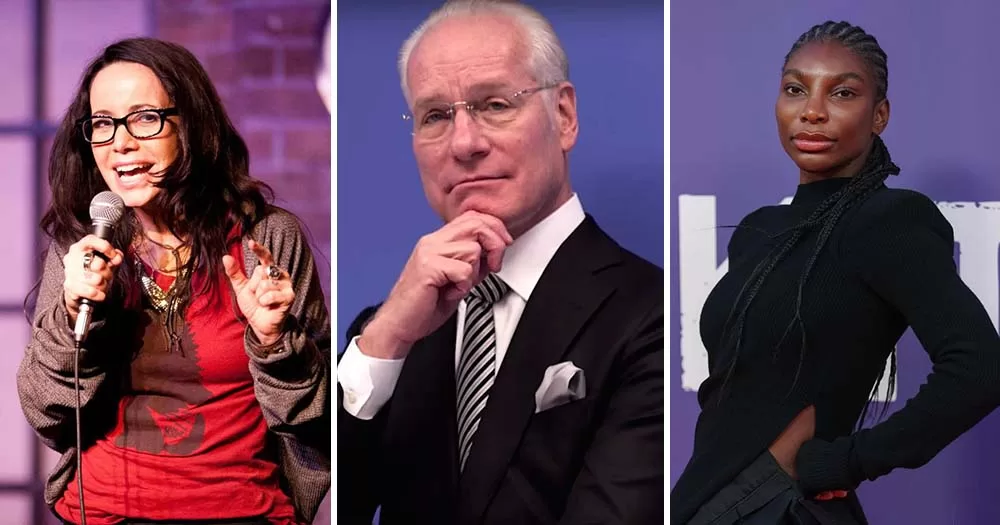Even though ace media representation is improving, and there is a better understanding of the broad range of identities that exist under the asexuality umbrella, there are still major misconceptions about what it means to be asexual (ace) or aromantic (aro). Seeing celebrities and other people in the public eye who are vocal and proud about being asexual and aromantic can be a great help in fighting stereotypes and misconceptions.
One example of such poor representation is that many asexual characters in film and media are depicted as being cold, awkward, or unfeeling, but this unfair generalisation couldn’t be further from the truth.
Marilyn Monroe was recognised as one of the warmest and most captivating women of her time, and excerpts from her unfinished autobiography suggest she was likely asexual. She shared, “I used to wonder if the whole world was crazy, whooping about sex all the time… Then it dawned on me that people – other women – were different than me.”
While asexuality wasn’t widely known as a label during Marilyn’s time, here are nine asexual and aromantic celebrities who are fighting these media stereotypes today.
Alice Oseman
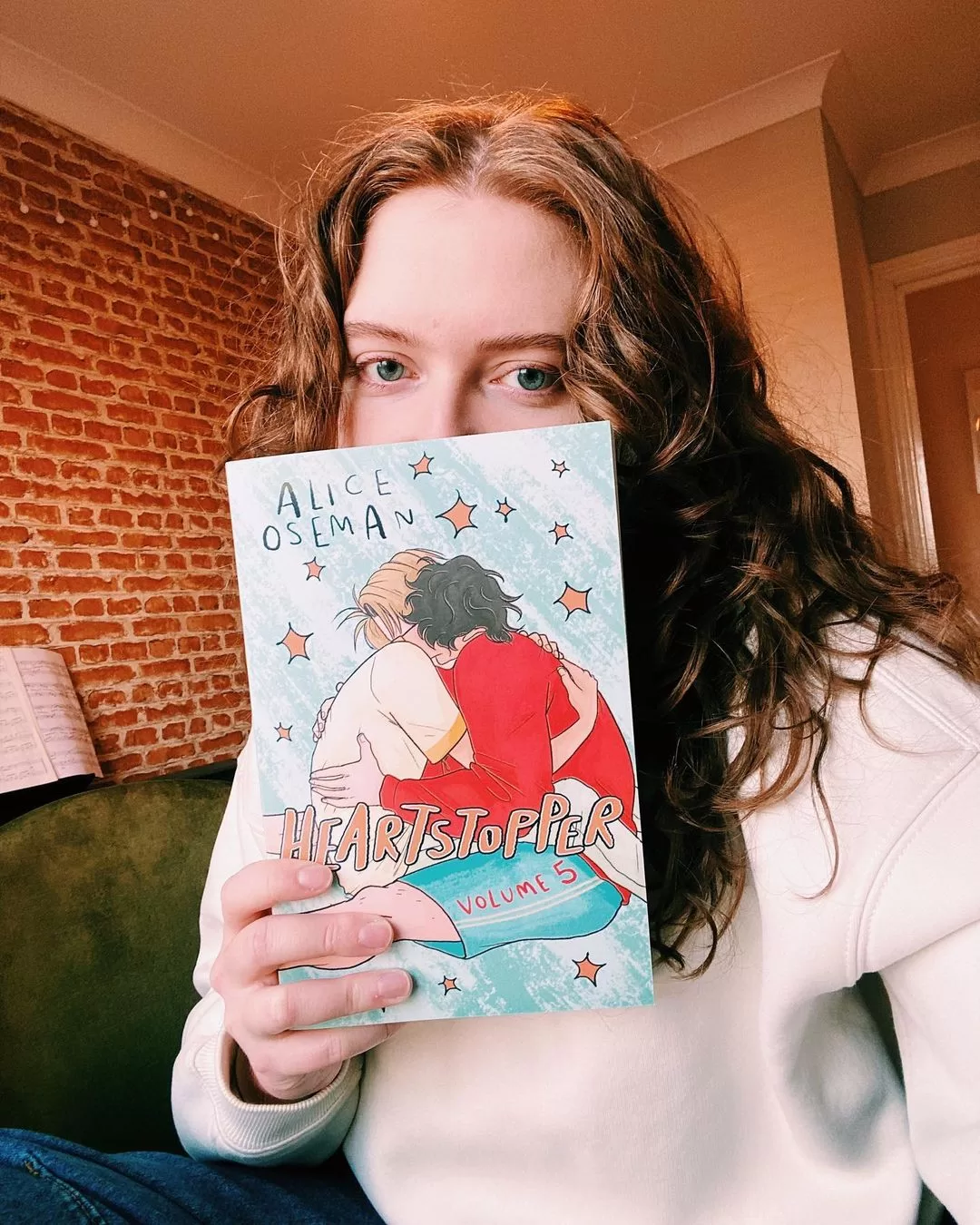
We’ve seen huge improvements in asexual representation thanks to shows like Heartstopper, which accurately depicts ace and aro identities. As the author of the best-selling graphic novels, it’s clear that Alice understands a range of sexualities and romantic experiences.
Oseman is very open about their own experiences being asexual and aromantic. They said, “Interviewers come to me with a preconceived notion of what my identity is, and assumptions about how an ace person experiences the world. No one is asking deep questions. It’s a complicated thing to understand about yourself.”
Yasmin Benoit
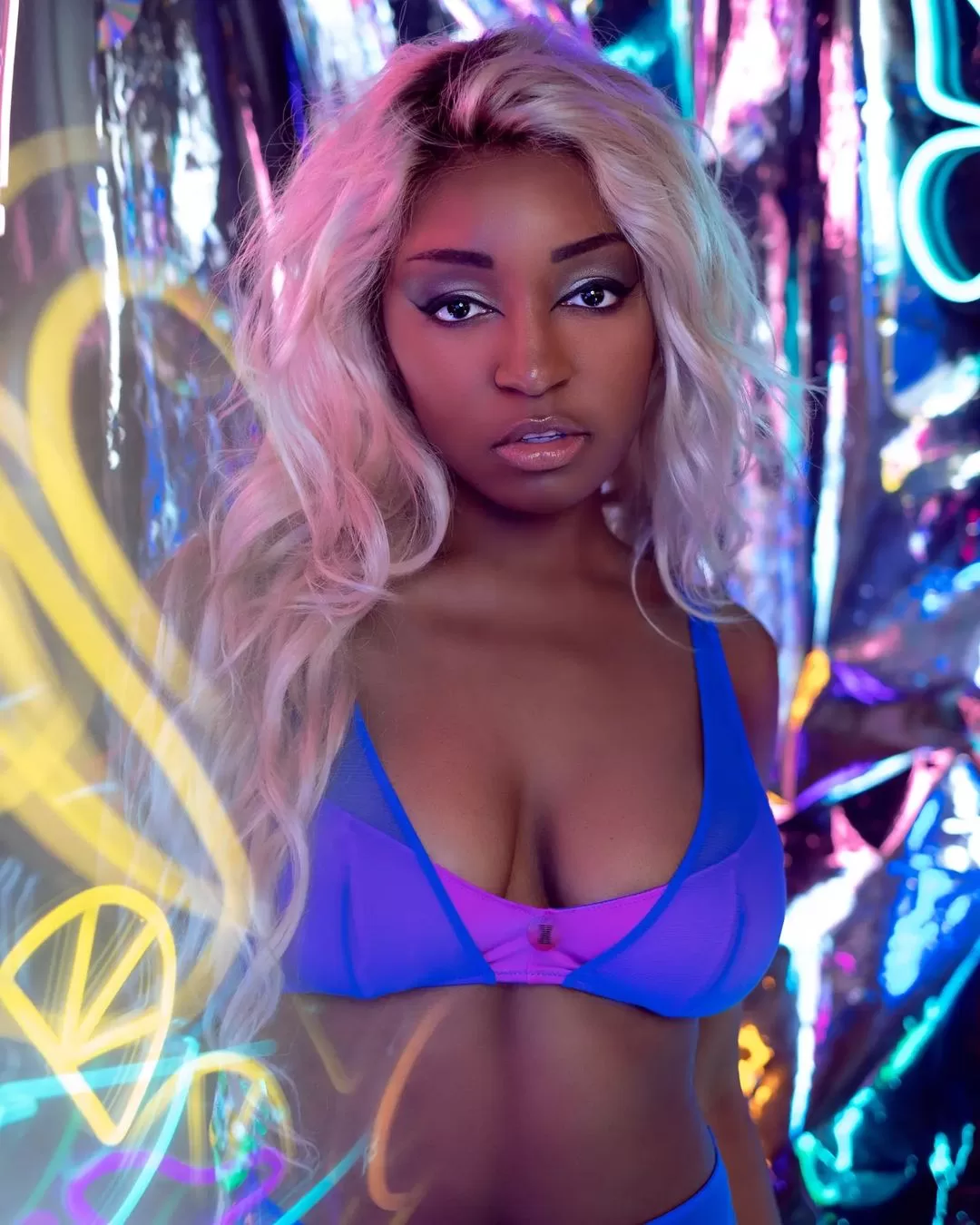
As a writer, model, and ace activist, Yasmin has been using her platform to advocate for better asexual media representation. She created the #ThisIsWhatAnAsexualLooksLike hashtag and co-founded International Asexuality Day.
She radiates confidence and comfort in her own body in a powerful way. As a Black asexual and aromantic woman, she also brings attention to the intersection of race, gender, and queerness that is too often under-represented.
David Jay
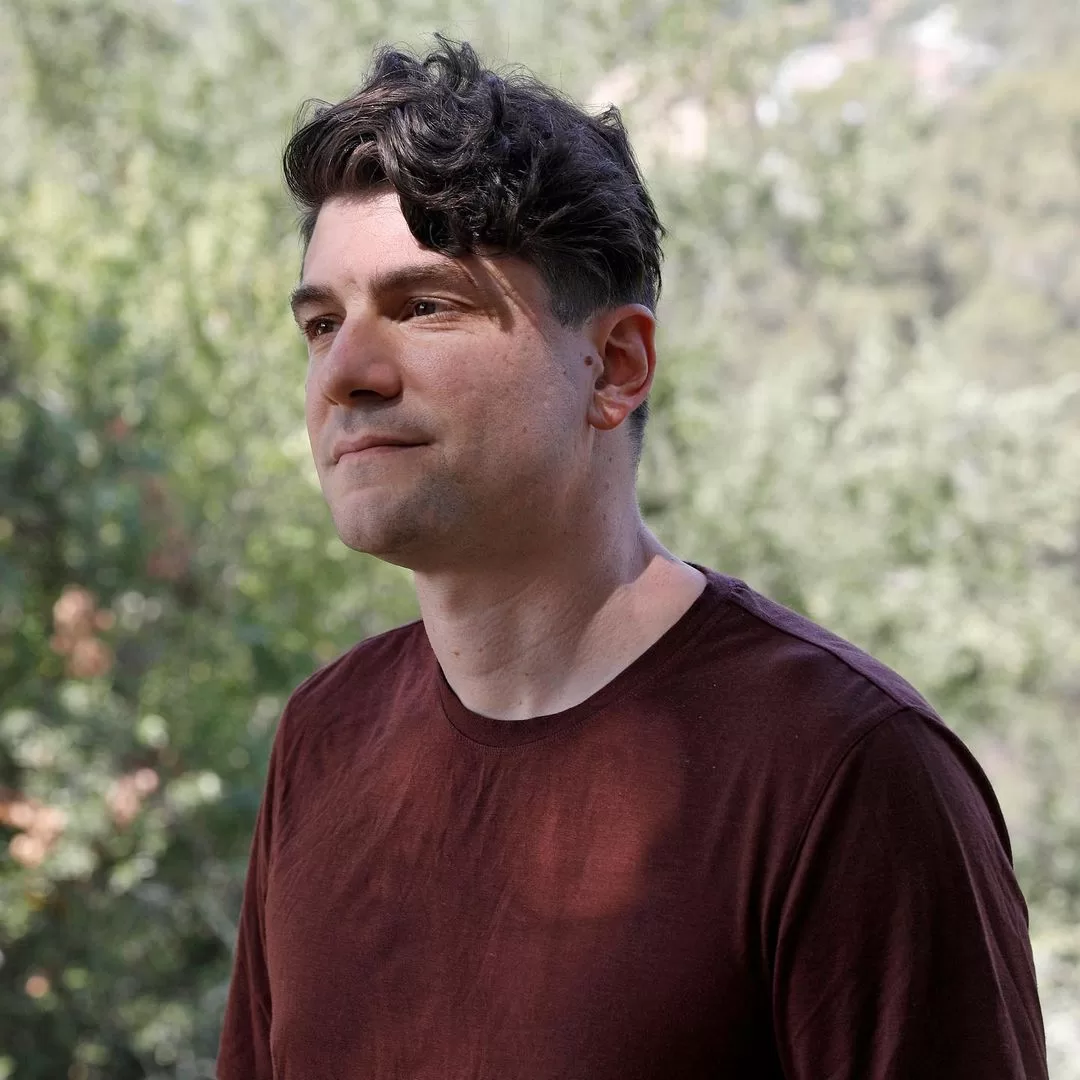
As the founder of the Asexual Visibility and Education Network (AVEN), David makes space for more asexual people to meet, connect, and defy stereotypes.
He advocates for more open and honest public dialogue about ace experiences. For example, in his own experience, ace people can have deep emotional needs where they crave touch and intimacy, but not sex. He happily talks about his own family, which includes a three-parent household with his partners and daughter.
Michaela Coel
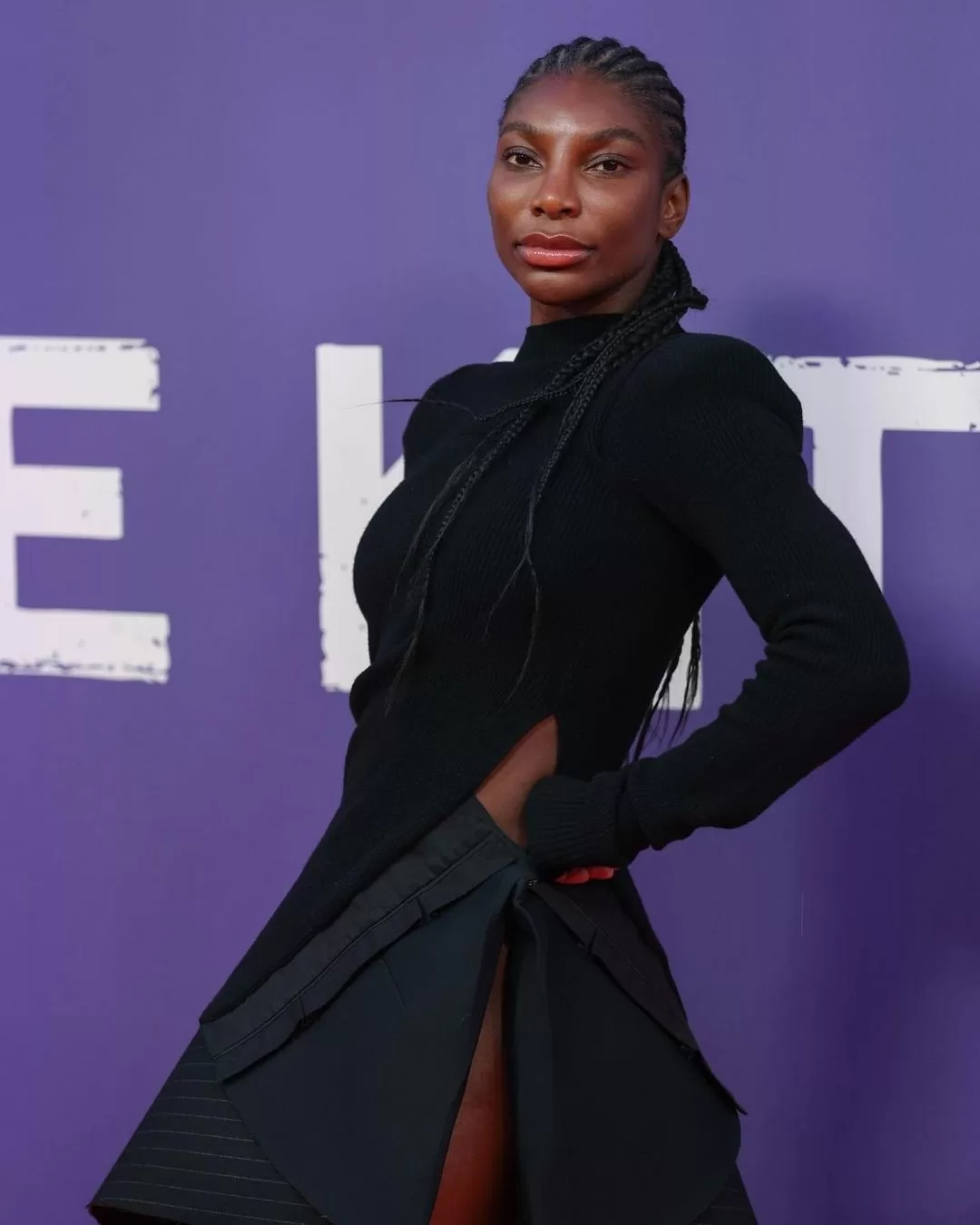
This aromantic British writer and actor is best known for her roles in Chewing Gum, Black Mirror, and Black Earth Rising.
Michaela rarely shares details about her private life with the media, but in a 2014 interview, she shared, “I googled aromanticism and I very much felt like, ‘Oh, that’s me.’” She continued, “I am OK being by myself. I like having intimate relationships but I don’t want to change people or want to be changed by anyone.”
Tim Gunn
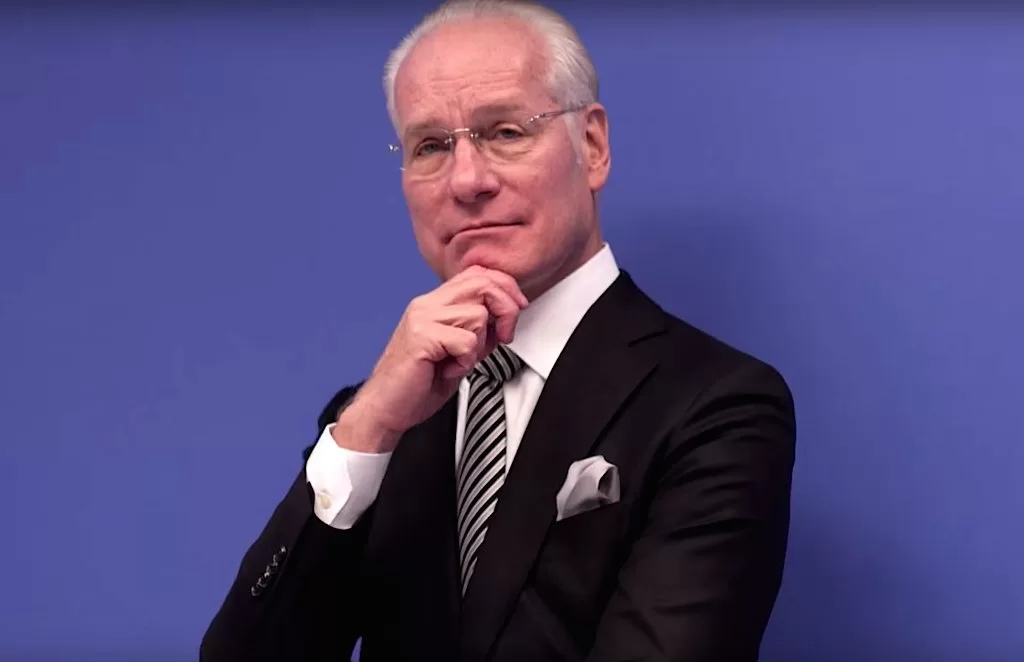
The Project Runway fashion icon came out as asexual in a 2010 interview with People Magazine sharing, “For a long time, I didn’t know what I was. I knew what I wasn’t: I wasn’t interested in boys, and I really wasn’t interested in girls.”
He talks about his previous long-term relationships in his autobiography and how he came to identify with the asexual label.
Janeane Garofalo
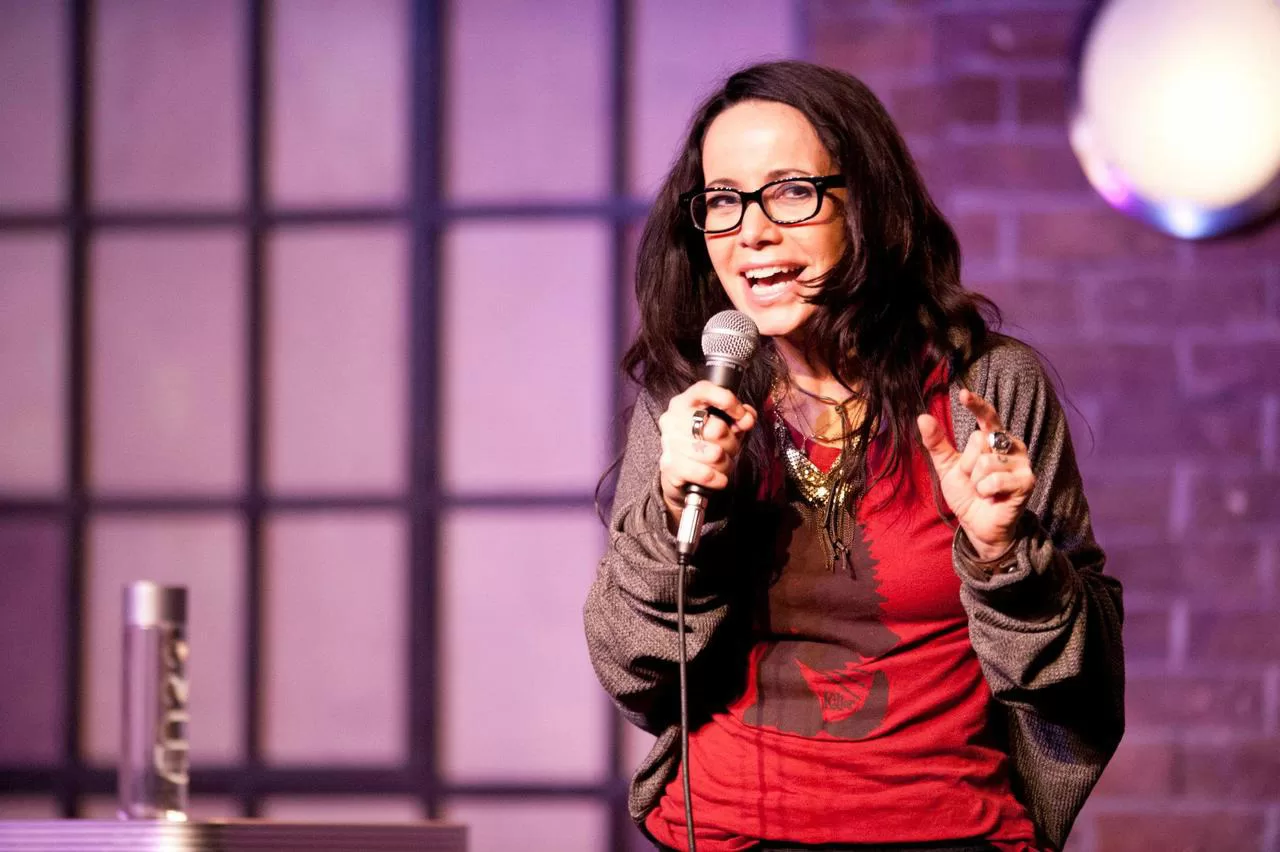
Comedian Janeane Garofalo describes her asexuality as having “a genuine lack of interest” in sex rather than a fear of intimacy.
She’s comfortably spoken about the range of asexuality and the distinction between finding someone attractive versus experiencing romantic or sexual attraction.
Cody Daigle-Orians
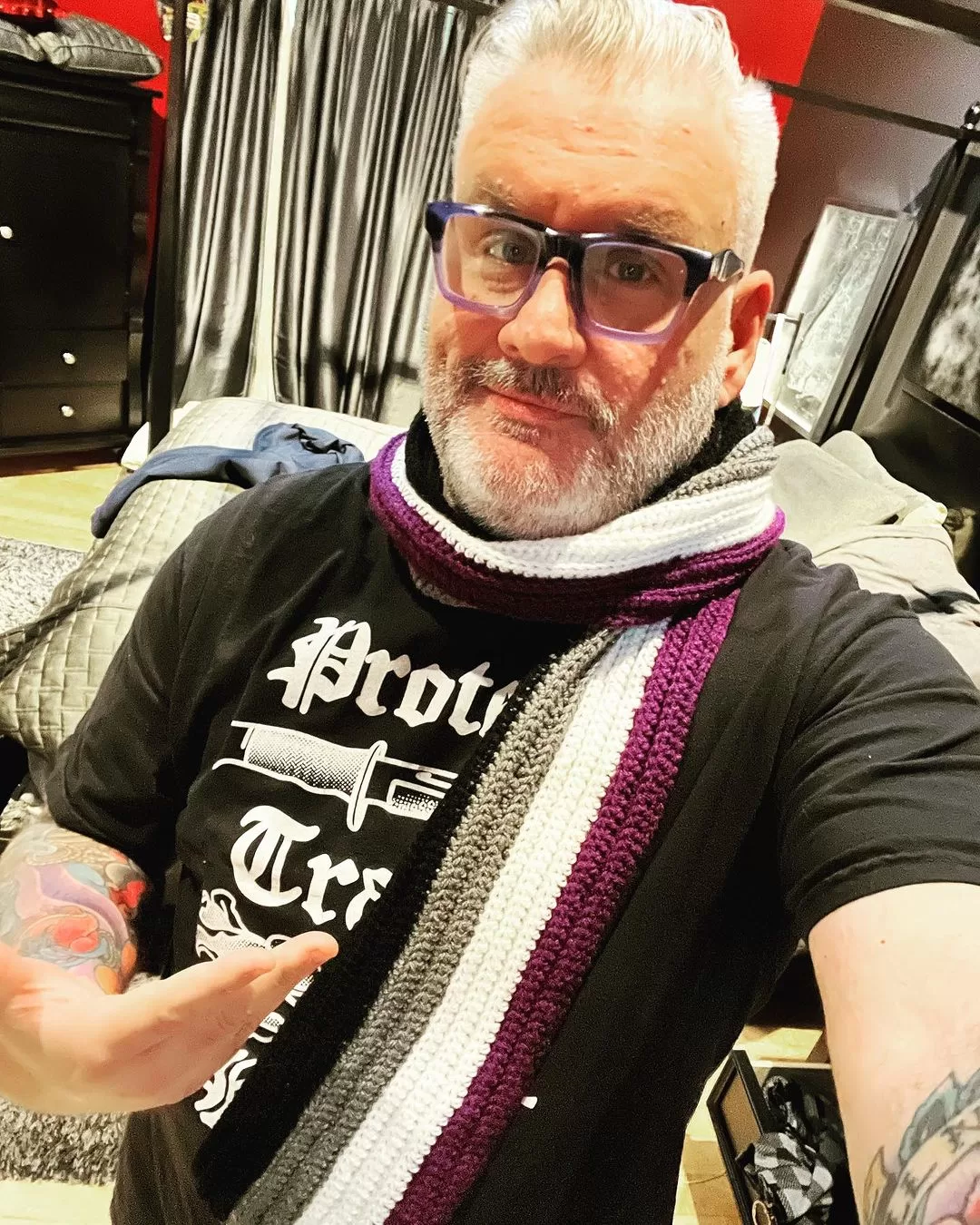
As someone who identifies as ace, aromantic, and queer, Cody is the founder of Ace Dad Advice. He offers digital workshops where he discusses things like self-confidence, communicating with partners in relationships, negotiating intimacy, and exploring asexual labels like ace and aro.
He also has a YouTube channel that offers advice for people explaining their asexuality, and he curated a book called Being Ace: An Anthology of Queer, Trans, Femme, and Disabled Stories of Asexual Love and Connection.
Angela Chen
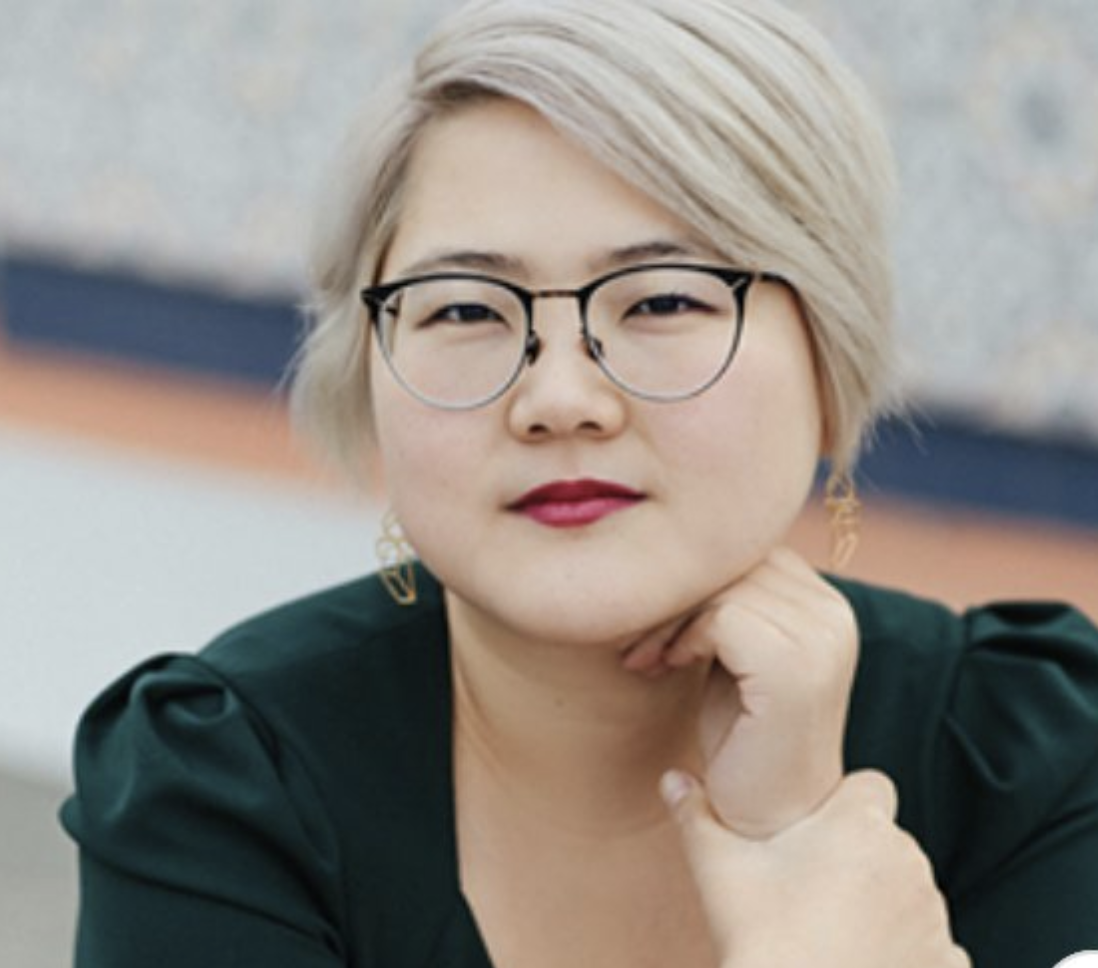
This incredible asexual author of ACE: What Asexuality Reveals About Desire, Society, and the Meaning of Sex writes about her own experience discovering her asexual identity.
Chen combines research and personal accounts to explain attraction and offer a better understanding of what it means to be asexual.
These are just some of the asexual and aromantic celebrities paving the way for better understanding and more diversity in how ace identities are represented in the media. Their impactful stories are helping break down expectations and misunderstandings about asexuality.
© 2024 GCN (Gay Community News). All rights reserved.
Support GCN
GCN is a free, vital resource for Ireland’s LGBTQ+ community since 1988.
GCN is a trading name of National LGBT Federation CLG, a registered charity - Charity Number: 20034580.
GCN relies on the generous support of the community and allies to sustain the crucial work that we do. Producing GCN is costly, and, in an industry which has been hugely impacted by rising costs, we need your support to help sustain and grow this vital resource.
Supporting GCN for as little as €1.99 per month will help us continue our work as Ireland’s free, independent LGBTQ+ media.
